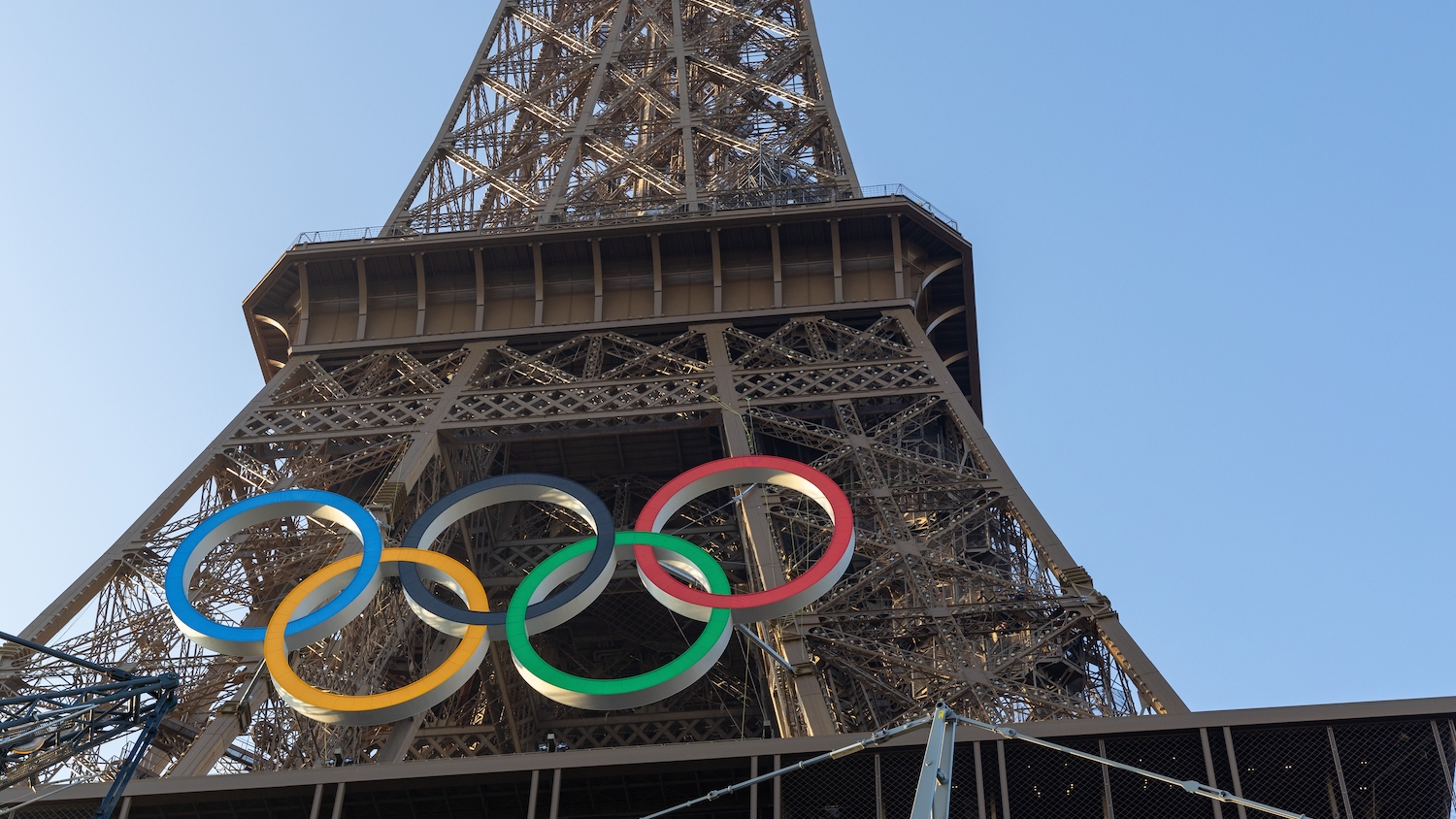Is Hosting the Olympic Games Worth It?
Poole College economist Steven Allen breaks down the costs and benefits for host cities.

Hosting the Olympic Games is a costly endeavor. For Paris, home to this year’s Summer Games, the bill is at least $8.7 billion.
Does the payoff justify that investment?
The International Olympic Committee (IOC) answers that question with a resounding “YES.” The IOC claims the event creates jobs and boosts tourism and leaves behind facilities that provide lasting benefits to the community. It cites cost-benefit studies showing that the games are a net economic benefit to the host city.
The truth is more complicated. Let’s take a careful look at the costs and benefits of hosting the Olympics. According to a recent study done by staff at the Council of Foreign Relations, cities have to consider the costs of:
- Planning and hiring consultants to prepare a bid ($50-$100 million)
- Construction of new facilities, including the Olympic Village, an arena for opening and closing ceremonies, and many structures for the actual athletic events
- Housing and transportation infrastructure
- Operational costs such as security and police, utilities, and food
- Debt repayment
On the benefit side, we see:
- Increased employment while preparing for the Games, especially in construction
- A share of the revenue from television, sponsorships and ticketing (but the IOC keeps most of this revenue)
- Increased tourism during and (hopefully) after the Games
- Improved facilities for athletic events after the Games
- More housing availability once athletes vacate the Olympic Village
How do these costs and benefits net out? While the IOC and prospective host cities say hosting is a sure winner, a 2016 paper from professors Robert Baade and Victor Matheson suggests those organizations may be overestimating the benefits and underestimating the costs.
The actual benefits, they argue, depend on existing conditions in the host city. The extent of job creation, for instance, depends on whether the host city is at or below full employment. Building Olympic facilities may simply divert construction workers from building houses, businesses and infrastructure.
Similarly, tourism spending may just redirect investments that were already happening. When local residents elect to attend an Olympic event, they’ll likely cut back on other forms of entertainment spending. Some tourists will decide not to go to Paris this summer because of fears of high prices and large crowds.
When economic benefits do materialize, they don’t necessarily benefit the cities or taxpayers that bear the cost of preparing an Olympics bid or hosting the Games. Hotel prices, for example, typically skyrocket during the Olympics, but that increases local revenue only if the hotels are locally owned. The extra profits for hotels operated by global chains such as Hilton and Marriott will not be staying in the host city.
Often the stadiums and arenas built for the games become white elephants. Think of the “Bird Cage” in Beijing, which was rarely used between its construction for the 2012 Summer Games and the Beijing Winter Games in 2022.
To date, according to the CFR study, only one host city has finished the Olympics with an operating surplus: Los Angeles in 1984. And some unique circumstances contributed to the city’s $215 million profit. L.A. was the only bidder for the ‘84 Summer Olympics, reducing the cost of pursuing the Games. And the city was largely able to use existing facilities and infrastructure, avoiding massive construction costs. Finally, 1984 saw a massive jump in television broadcast revenue.
So why do cities continue to compete for the right to host the Olympics?
Keep in mind that the decision to bid for the Olympics is a political one. City leaders, perhaps influenced by the construction and hotel industries, may decide that going for the Games is a wiser political investment than doing things like fixing potholes or funding employee pensions.
Three of the last nine Olympic Games have been held in cities in Russia and China, where there is no public accountability for political decisions. This trend could become more pronounced in the future as cities in the U.S. and Europe have become less interested in bidding.
Is there a more economically efficient way of providing the Olympic competitions craved by athletes and viewers? Here are some ideas that make sense to me, from an economic perspective:
Rotate the Games among a small set of host cities. The Summer Games could pass between a city in the Americas, one in Europe or Africa, and one city in Asia every four years. Ditto for the Winter Games.
Scale down the number of events. Lots of people want to see track and field, gymnastics, and ice skating. But how many watch archery or breakdancing? Fewer events means lower costs.
Pay the athletes. The amateur illusion is vanishing from college sports in the United States. The same thing needs to happen with Olympic sports.
Steven Allen is a professor of economics in the Poole College of Management at NC State.


